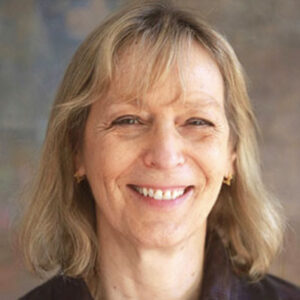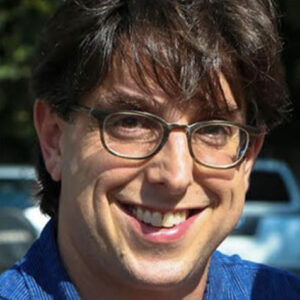The tragedy and poignancy of greed, hate and delusion is evident everywhere. Surveying our own life, surveying the world – it can feel like too much. When overwhelm and too-much-ness arise, it’s challenging to discover new and creative ways of responding to pain. To be able to learn from experience, it is helpful for the mind to be clear and stabilized.
The Buddha encouraged meditation and training the mind. One of the translations of the Tibetan word for meditation is ‘familiarize.’ When we meditate, we familiarize ourselves with what it is we cherish, and we learn to tend to that which we value most.
To develop wisdom and to understand cause and effect, the Buddha guides us to pay attention to three universal characteristics: imperfection, unreliability and the centerlessness of all things. The opportunities to observe these facets of existence are everywhere, but what allows us to transform mere observations into liberating insights?
Rest. When the mind is brittle, the capacity to learn or grow is limited, we just get through. Resting, resting in kindness – the heart unfreezes and can open to the intensity of the moment with awareness. We discover the compassion and wisdom we are seeking are already there.
 |
Beth Sternlieb has been involved with InsightLA from the start and seeing our community grow from an idea into a reality has awakened in her a deeper appreciation for what an unexpected transformation mindfulness and commitment can bring into our lives. As a member of InsightLA’s teacher council, she explores ways of bringing mindfulness and metta practice to our community in creative and innovative ways…READ MORE Join Beth online every Monday-Friday at 7:30-8:00am for Morning Community Sit. |
 |
Matthew Brensilver, PhD, offers retreats at Spirit Rock Meditation Center and the Insight Retreat Center. For more than a decade, he taught for Against the Stream Buddhist Meditation Society. He continues to teach at UCLA Mindful Awareness Research Center about the intersections between mindfulness and mental health. He spent years doing research on addiction treatment at the UCLA Center for Behavioral and Addiction Medicine and continues to be interested in the unfolding dialogue between dharma and science. |
